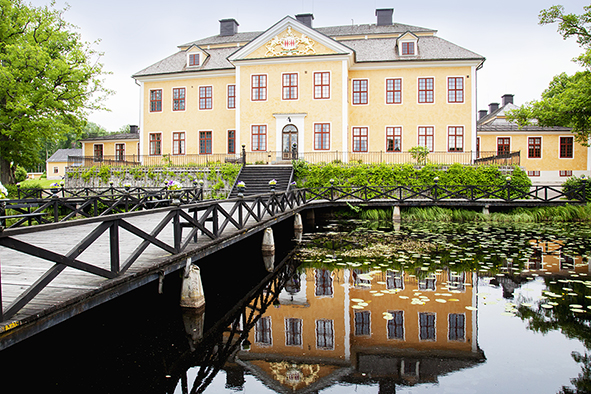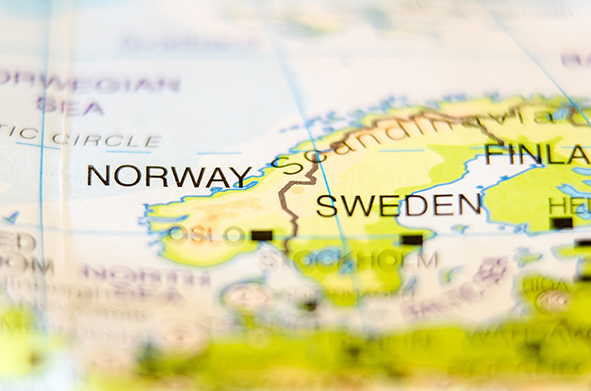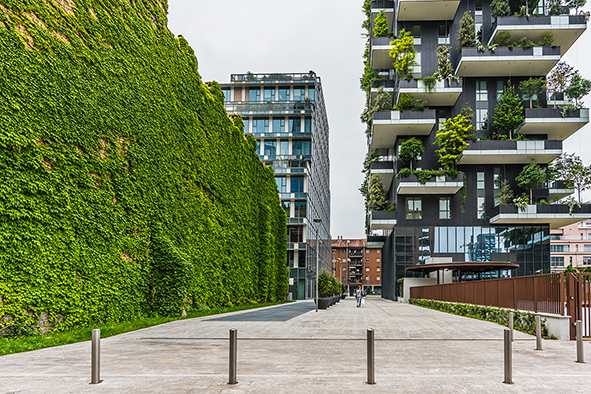Disciplines
IBF:s main disciplines are Economics, Geography, Sociology and Political Science, Economic History and Psychology.
The researchers at IBF allocate 20 per cent of their working hours for teaching and supervision at their home department. The remaining 80 per cent is dedicated to research at the institute. IBF also has a continuously staffing of PhD students. All PhD students are employed at IBF, but are enrolled as postgraduate students at the home departments.

Economic History
The research within Economic History at IBF focuses on the creation of modern society, in Sweden, and on a global scale. Aspects of industrialisation, technological change, and work are in focus as well as questions about the enlightenment and urbanisation. A central feature in all this is the question of a Swedish Enlightenment existed or not.
A central theme in many of these studies is the Swedish and European iron industry, with a gradual opening towards a wider perspective in recent years. Research is also directed to ideas about economic development, focusing on concepts like cameralism and ’householding’.
Contact: Göran Rydén

Human Geography
The social and urban geography group at IBF conducts research on migration, neighbourhood dynamics, demographic, socioeconomic and ethnic residential segregation, urban development, gender issues, regional and urban housing policy and planning.
Our research contributes theoretically and empirically to several important fields of urban studies, and although research is often linked to European comparative efforts it tends to have the empirical focus on metropolitan areas and larger cities in Sweden.
Contact: Brett Christophers

Economics
The economists at IBF focus their research on the areas of real estate, housing and urban economics. Specific questions that they study are patterns of migration and mobility, neighbourhood effects and segregation.
The economic research at IBF is mainly empirical in character, predominantly based on modern micro econometric methods applied on very rich, micro-level, register data.
Contact: Matz Dahlberg

Environmental Psychology
What is the impact of housing and the urban environment and our living situation on health, well-being and performance? At IBF, environmental psychologists conduct research concerning restorative environments – those places in which we can recover relatively quickly and completely from ordinary psychological wear-and-tear.
The fundamental intent in all of these efforts is to develop the urban environment in order to promote health and well-being. In this work they collaborate with scholars from leading universities and research institutes throughout the world.
Contact: Terry Hartig

Sociology
The sociological research agenda at the Institute consists of topics such as social structures (class, gender, ethnicity, and age, mainly) in relation to housing, urban dynamics and welfare policies and practices; social movements and urban activism; urban policies and planning; social needs and demands for housing; socio-spatial and educational segregation; migration; gentrification; the social use of public spaces; and labour markets.
Contact: Miguel A. Martínez

Political Science
The scholars of the IBF research group in Political Science focus, among other topics, on housing and urban politics in Sweden, also in comparison with other countries. They carry out research on the Swedish welfare system, the politics on integrating immigrants into Swedish municipalities, so called citizen dialogues, discrimination at work, local strategies for granting housing to refugees in the Nordic countries, urban protests, right-wing populism, and a numerous other topics.
The research is carried out from several theoretical perspectives and qualitative as well as quantitative methods are used.
Contact: Kristina Boréus
